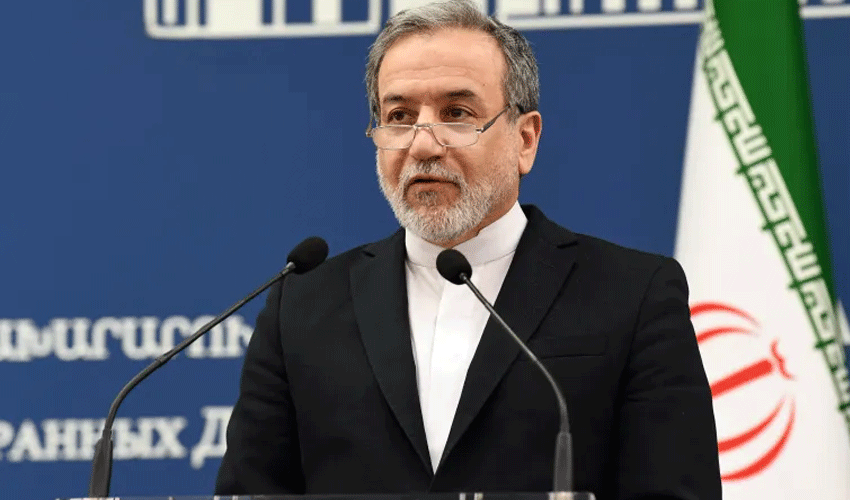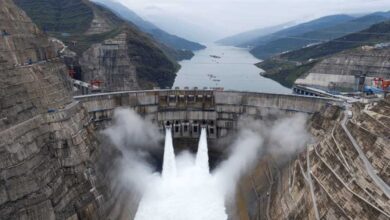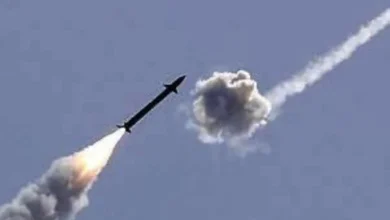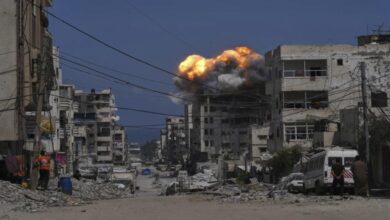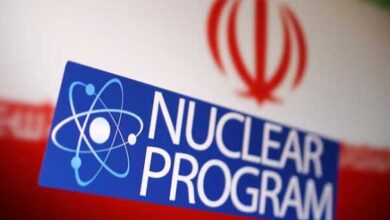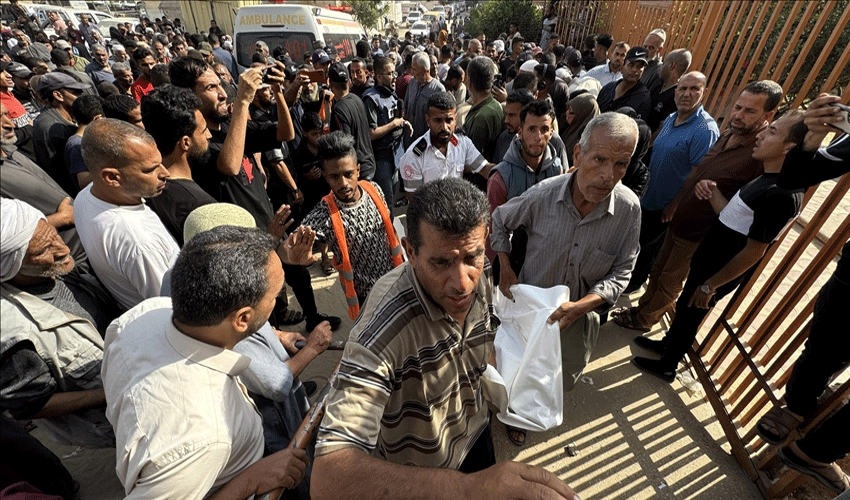Iran has made clear that it will not abandon its uranium enrichment programme, despite “severe and serious” damage caused by recent United States strikes on its nuclear facilities, ahead of key diplomatic talks with European powers scheduled to take place in Istanbul on Friday.
Speaking to Fox News on Monday, Iranian Foreign Minister Abbas Araghchi said that although enrichment activities were temporarily halted following the air strikes, Tehran had no intention of rolling back what it regards as a “national achievement”.
“The damages are serious and severe… but obviously we cannot give up enrichment because it is an achievement of our own scientists,” Araghchi said, calling it a matter of “national pride”.
Iran is due to meet Britain, France and Germany — known as the E3 — in Istanbul later this week to discuss the fate of the 2015 nuclear agreement. The talks will be the first since last month’s 12-day conflict between Iran and Israel, during which the United States launched air strikes on Iran’s nuclear sites in Qom, Isfahan and Natanz.
US President Donald Trump responded to Araghchi’s remarks on his social media platform Truth Social, warning that Washington would not hesitate to strike again “if necessary”.
The 2015 Joint Comprehensive Plan of Action (JCPOA), signed between Iran and six world powers — the United States, Britain, France, China, Russia and Germany — placed strict limits on Iran’s nuclear activities in exchange for sanctions relief. However, the deal began to unravel in 2018 after the Trump administration unilaterally withdrew from the agreement and reinstated sweeping sanctions against Iran.
While the European signatories had pledged continued support, mechanisms designed to shield Iran’s economy from US sanctions failed to deliver, prompting many international firms to exit the Iranian market. Tehran has repeatedly blamed European countries for failing to uphold their commitments under the accord.
“Iran holds the European parties responsible for negligence in implementing the agreement,” said foreign ministry spokesman Esmaeil Baqaei ahead of Friday’s meeting, adding that the upcoming discussions in Istanbul would focus on reviving the pact and ensuring compliance from all sides.
Iran is also set to host a separate meeting with Chinese and Russian officials on Tuesday, as it seeks broader diplomatic support. Beijing, a key trading partner of Tehran, said it would continue playing a “constructive role” in efforts to resume dialogue and secure a balanced resolution.
The talks come at a time of heightened tensions, with the three European powers threatening to reimpose UN sanctions on Iran for alleged breaches of the nuclear accord. Germany’s foreign ministry spokesperson Martin Giese stated that while the Istanbul talks would be held at the expert level, the E3 were working “flat out” to arrive at a sustainable, verifiable diplomatic outcome.
“If no solution is reached by the end of August, the snapback also remains an option,” Giese warned.
The JCPOA includes a “snapback” provision allowing for the automatic reimposition of UN sanctions in case of non-compliance. However, the agreement itself is set to expire in October, leaving little time for negotiations.
Tehran has dismissed the threat of snapback sanctions, calling them “meaningless, unjustifiable and immoral”. Baqaei argued that Iran only began scaling back its commitments after repeated failures by Western parties to uphold their end of the deal.
“Iran’s reduction of its commitments was carried out in accordance with the provisions outlined in the agreement,” he said.
According to the International Atomic Energy Agency (IAEA), Iran remains the only non-nuclear-armed country enriching uranium up to 60% — far above the 3.67% limit agreed under the JCPOA and alarmingly close to the 90% threshold required for weapons-grade material.
Western powers, led by the US and backed by Israel, have long accused Iran of seeking to develop nuclear weapons — a claim Tehran has consistently denied, maintaining that its nuclear programme is solely for peaceful, civilian purposes.
Efforts to resume direct negotiations between Tehran and Washington have faltered, with a planned meeting on June 15 cancelled after Israel launched surprise strikes on Iranian territory, triggering a brief regional conflict.
“At this stage, we have no intention of speaking with America,” Baqaei said Monday, shutting down prospects of near-term engagement with Washington.

